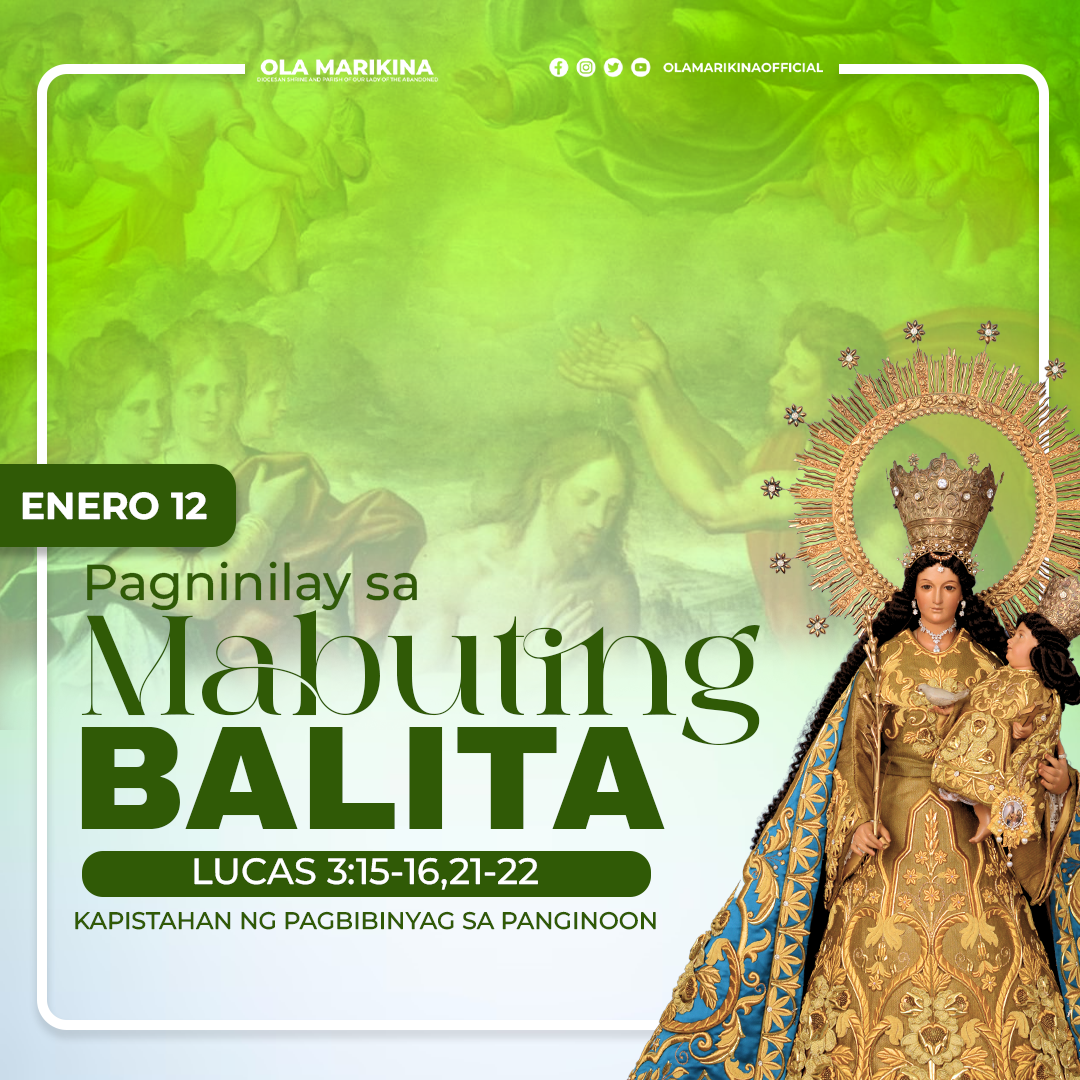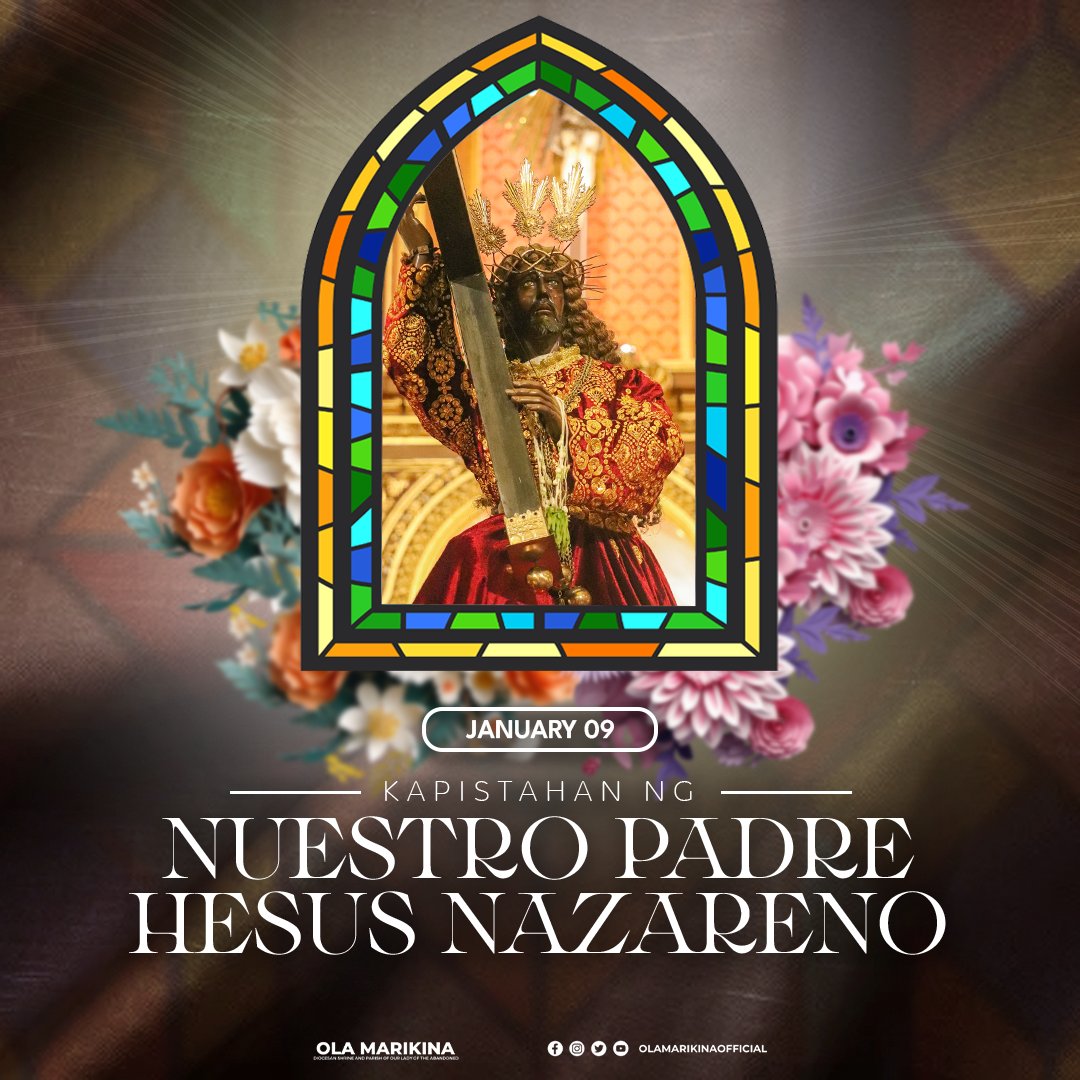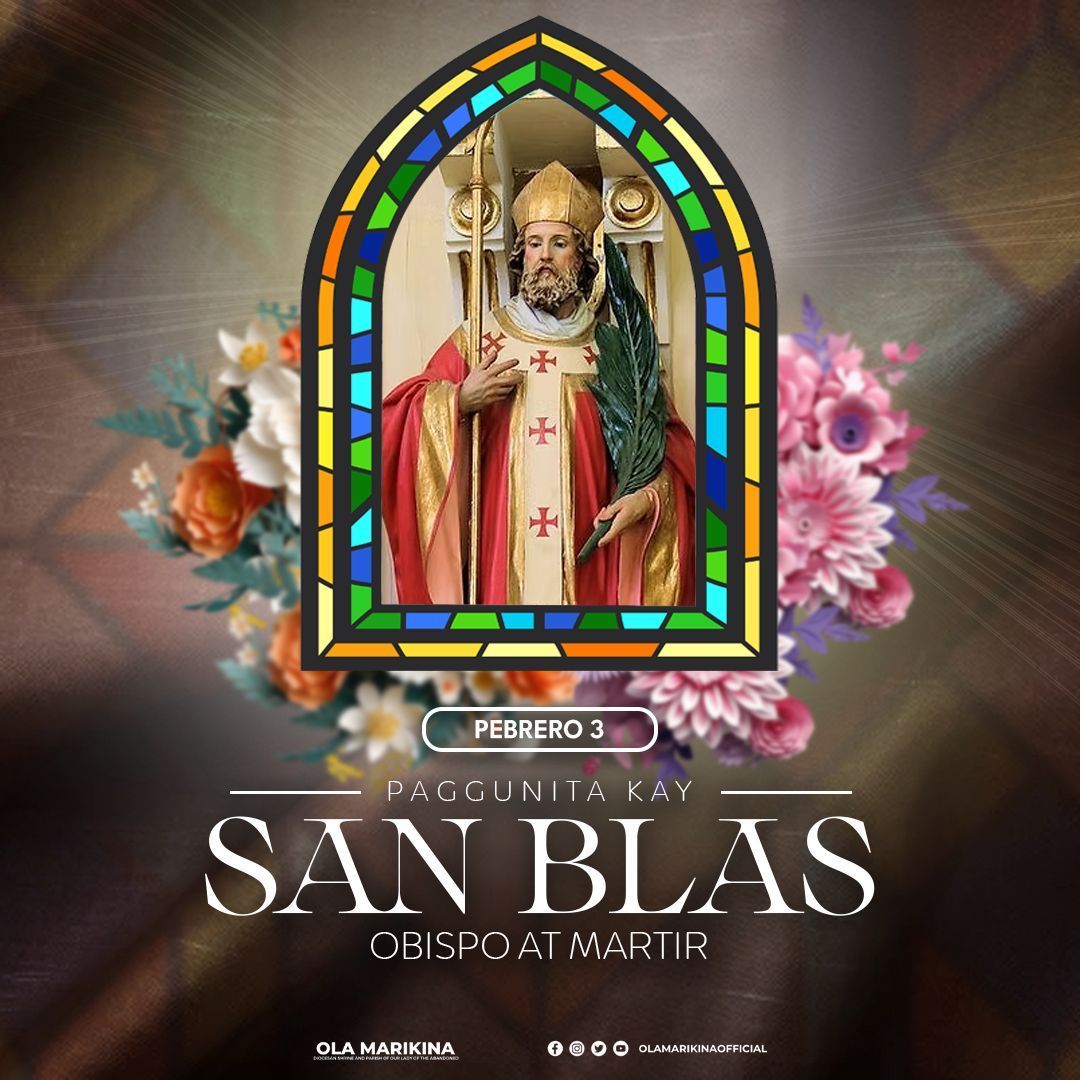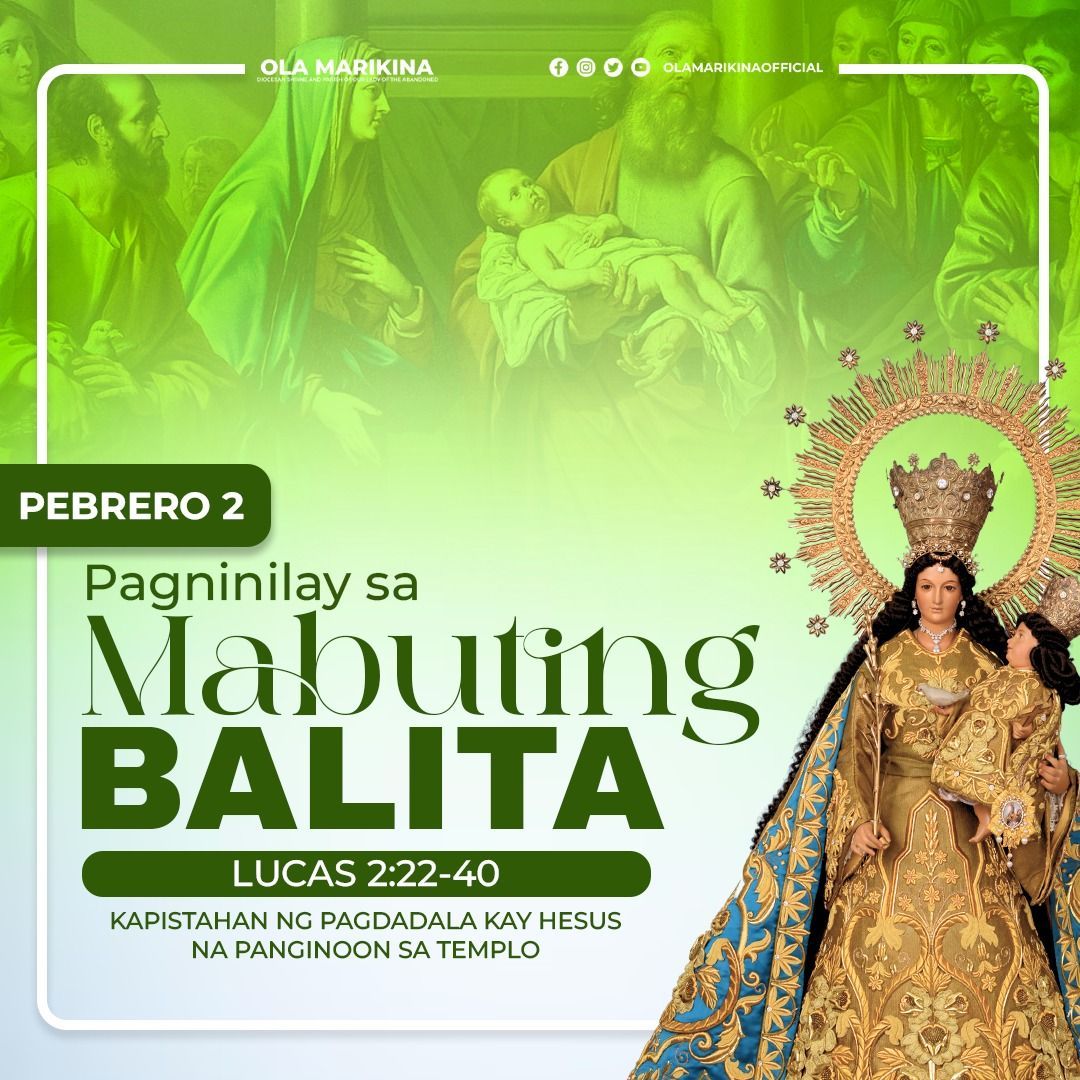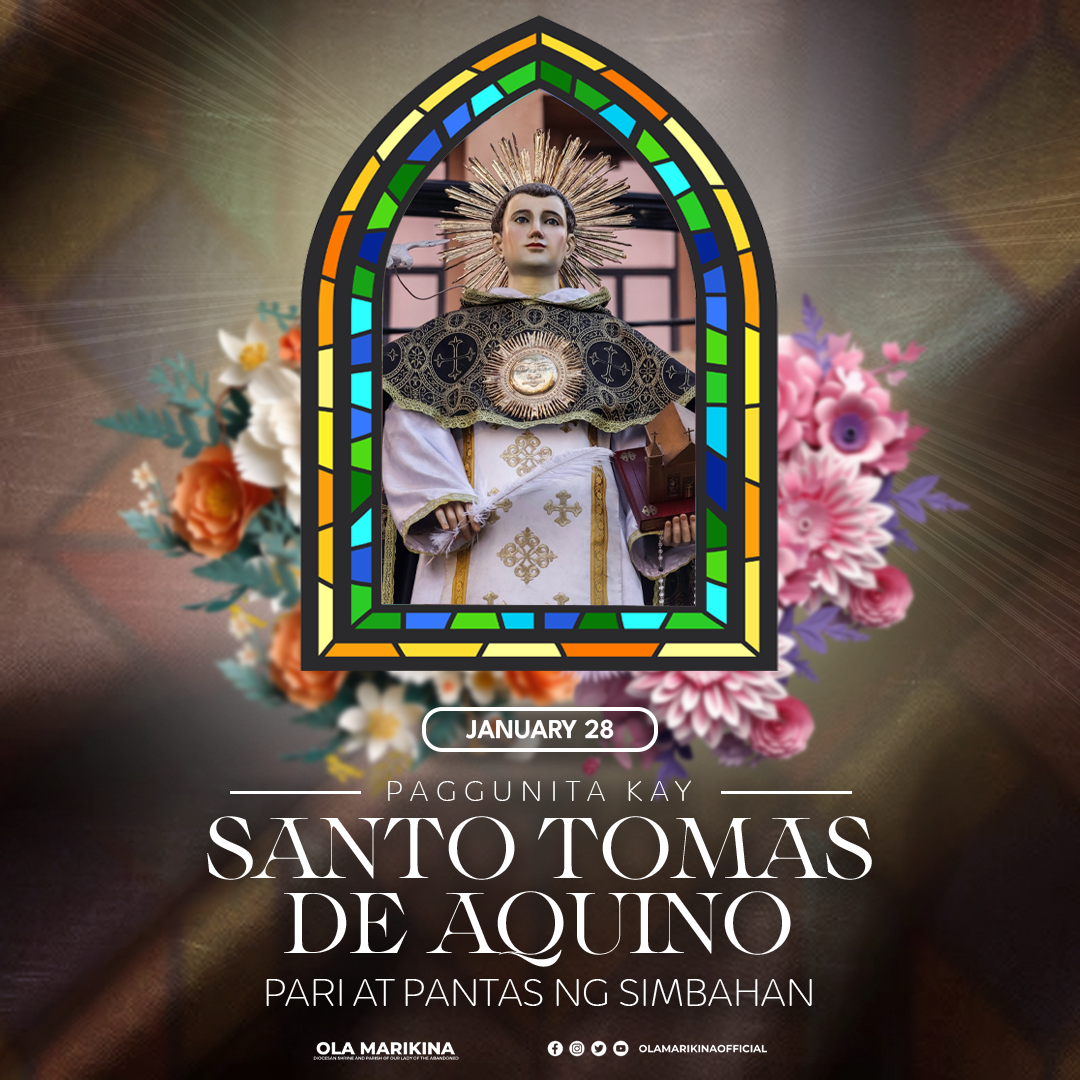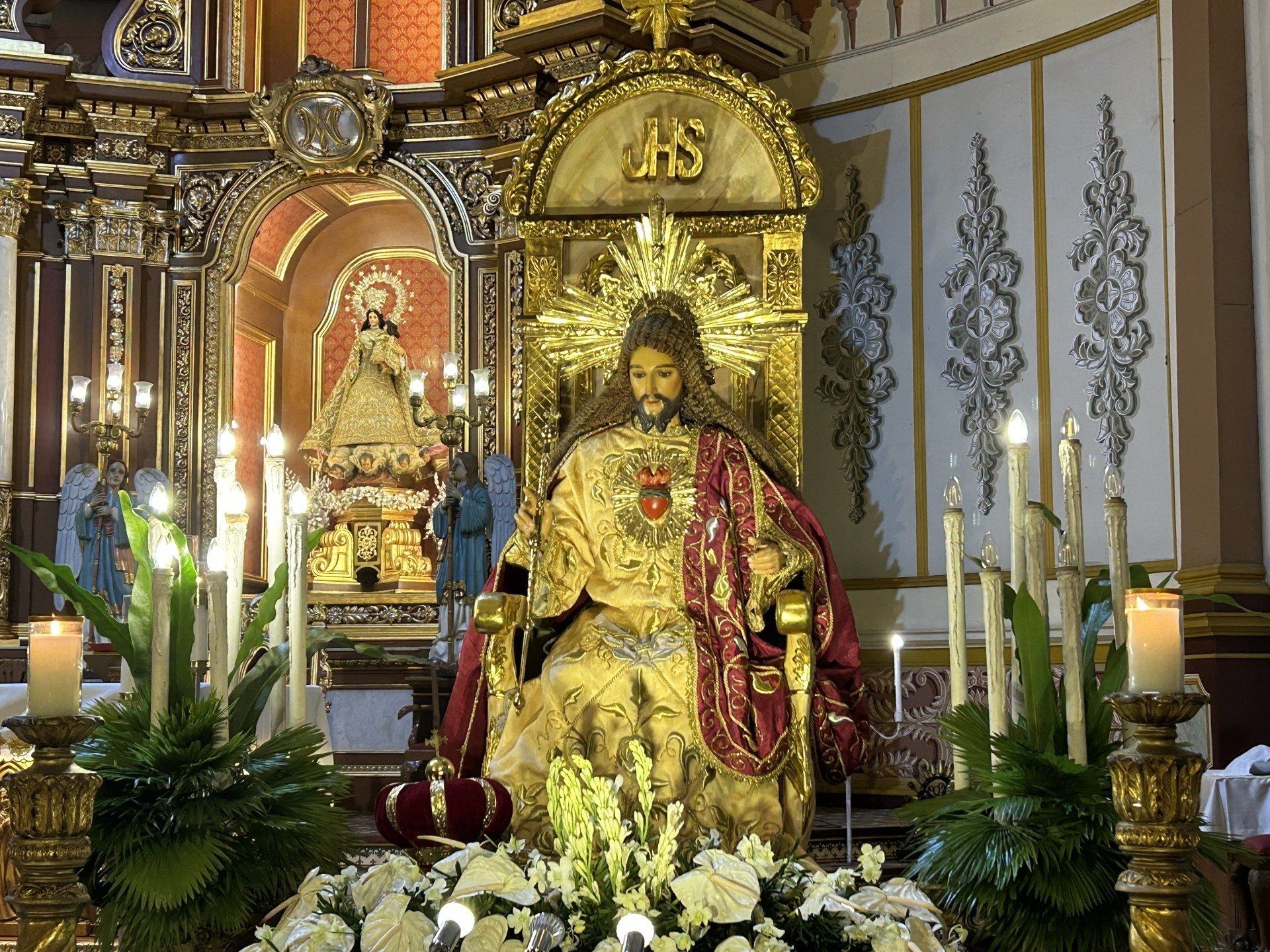
A king operates in symbols. A crown, a scepter, a globe, a cape, and other decorations give splendor a touch of completeness.
Although a king cannot rely solely on appearances.
Religious symbols like the cross of Christ are present in many places, but rarely can we ascribe such commonness to kingship. Kingship is usually reserved for grandeur, mesmerizing beauty, and perhaps even blinding. These symbols often veer from what they refer to and, thus, suspend disbelief in the fallibility of human governance.
Reminders of Christ might as well be seen as mere decorations for superstition amid every other trouble that life casts our way. But the cross has come to signify Christ’s strength and, with its well of meaning, ushers in a renewed sense of the heavenly kingdom. Indeed, the kingdom radiates with the cross’ invitation to be faithful to God’s promise of peace for all.
A Feast Fit for Christ
In a time of growing social unrest brought by upheavals between nations, Pope Pius XI saw the need to bolster devotion to Christ by reinforcing his kingship. It was on December 11, 1925, when Pope Pius XI issued the encyclical Quas Primas, in which he described society as producing godless empires, thus beginning a solemnity that recognizes Jesus Christ as King at the end of every liturgical year.
A sign was placed over Jesus' head during his crucifixion at Calvary. It reveals what he previously confirmed to the skeptical Pilate: that he is the King of the Jews. The title looming over Jesus Christ on the cross is a massive mockery for those who dismissed His mission.
Even in mockery, the unclouded truth brings ridicule to the clarity of God’s workings. If we mock what is holy, God does not exact unfitting punishment; he allows us to reflect and to act with the truth’s unfolding.
In his dying breath, Jesus, having been recognized by a sinner crucified with him, welcomes to his kingdom a thief who repented. It is also a call for everyone to follow in the footsteps of a thief who repented and recognized his true king as the source of his salvation.
Past Lofty Consolations, Beyond Human Reign
On a pinnacle, the gospels tell us, the devil offered Jesus a kingdom as rich as the physical senses can gather. Having fasted for forty days in the desert, Jesus could have easily yielded to the din of consolation in the world’s imposing palaces and their promise of extreme power, but He did not fall into this trick that the devil has set.
It is tempting to consider Christ’s reign as a religious delusion maintained by thousands of years of blind obedience. However, Christ is not an emperor whose fortified palace shields him from people's plight. Christ’s kingship finds its uniqueness in joining people in every circumstance, wherever they may be. His kingdom is built on a desire for the betterment of all.
Christ’s kingship should, however, never work to foster a sense of dominion over others. Jesus' reign never sought equivalence with empires ruled by men; rather, by becoming a man and sympathizing with the lowest, He turned against tendencies to equate empty grandeur with the truest reign there is—God's unhindered love.
The Source and Summit of Life
During His ministry and passion, Christ declared a mystical rule, that is, a reign unfettered by worldly systems, to those who asked for his purpose in coming to the world. He dwells in a society where everyone is setting aside efforts to propagate the alleviation of all and has embraced the experience of everyone to the point of total sacrifice.
One often confronts the dangers of subscribing to leaders concerned only with forwarding the interests of a few. Leaders who file promises of peace and progress at the expense of those they are meant to serve—those already aggravated by the slightest disregard for their livelihoods and those who wage collective struggles for justice and peace in spite of the persecution they suffer.
When the truth is bent to the will of those with deluded interests, Christ emerges with freedom as it is fostered by sacrifice to mete out justice.
The King of Kings sits on a throne by the altar, a figure of inestimable glory. As we cap the liturgical year, Christ is inviting us to focus on a different aspect of His divinity—communing, persevering, and ministering. We must also look at how He freely gives Himself to us in the Eucharist.
Martin Singh | OLA Social Communications
